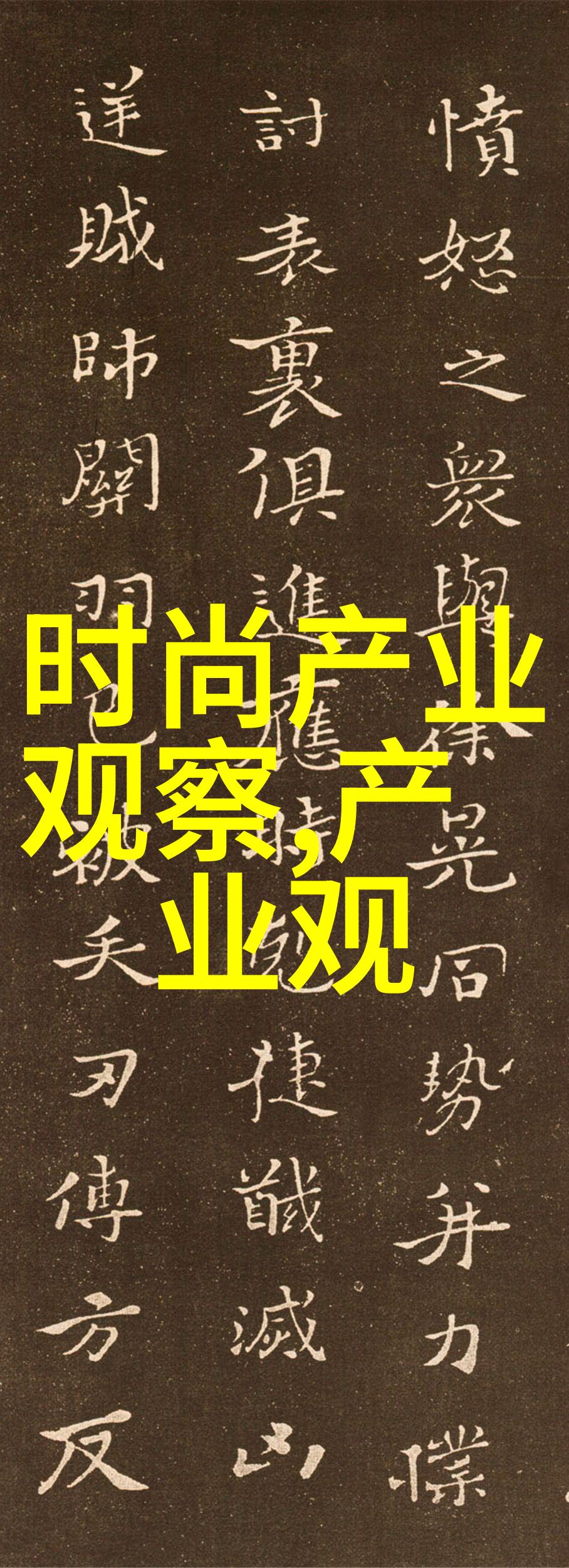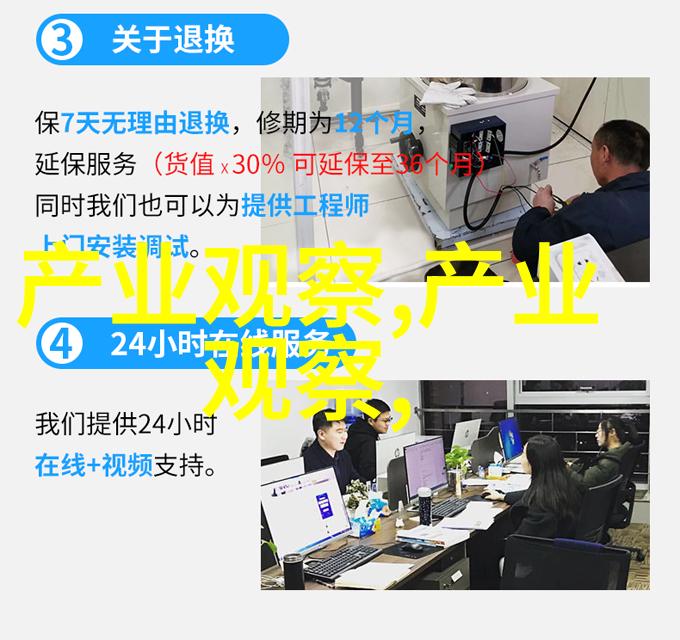Whimsy & Vintage: A Journey Through the Charm of Retro English

The Birth of a Language
The origins of English can be traced back to the 5th century when Germanic tribes such as the Angles, Saxons, and Jutes invaded England. Over time, Latin and French influences shaped the language into what it is today.

Evolution of Spelling
Retro English often employs archaic spellings like "thee" instead of "you," reflecting its historical roots. This practice adds an air of nostalgia and mystery to written communication.

Colloquialisms & Slang
Retro slang terms like "gadzooks" (an expression of surprise) or "fopdoodle" (a foolish person) evoke a sense of bygone eras when language was more playful and expressive.

Poetic Expressions
Poets have long been inspired by Retro English's rich vocabulary, using words like "whimsy" (fanciful or playful) and "ebullient" (full of energy). These words help create vivid imagery in their works.

Literary Classics
Many classic authors employed Retro English in their writing, contributing significantly to its enduring appeal. Works such as Shakespeare's plays or Austen's novels are testaments to this style's timeless charm.
Revival in Modern Times
In recent years, there has been a renewed interest in Retro English due to its unique aesthetic value and nostalgic appeal for many people seeking connection with history or simply wanting something different from contemporary language practices.




